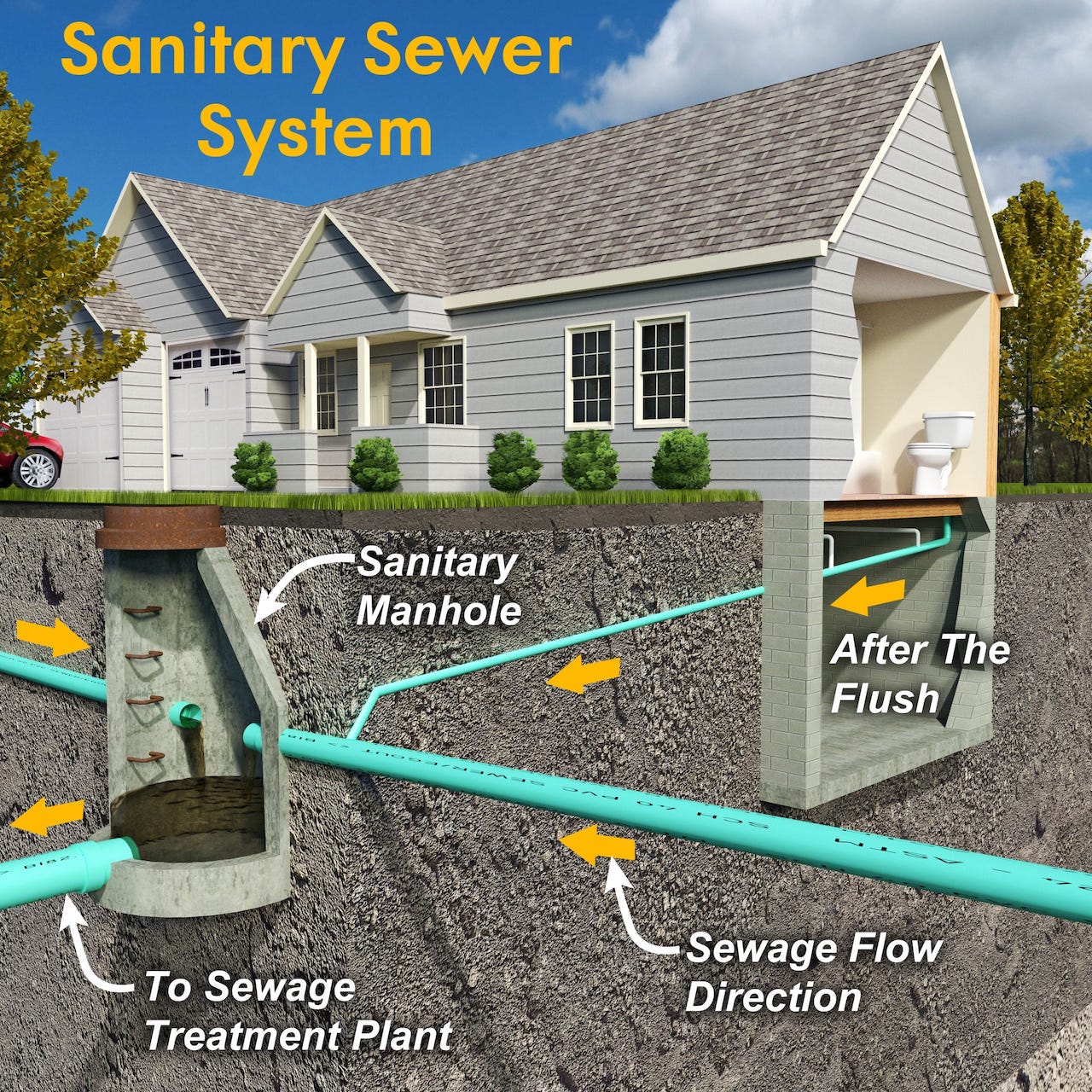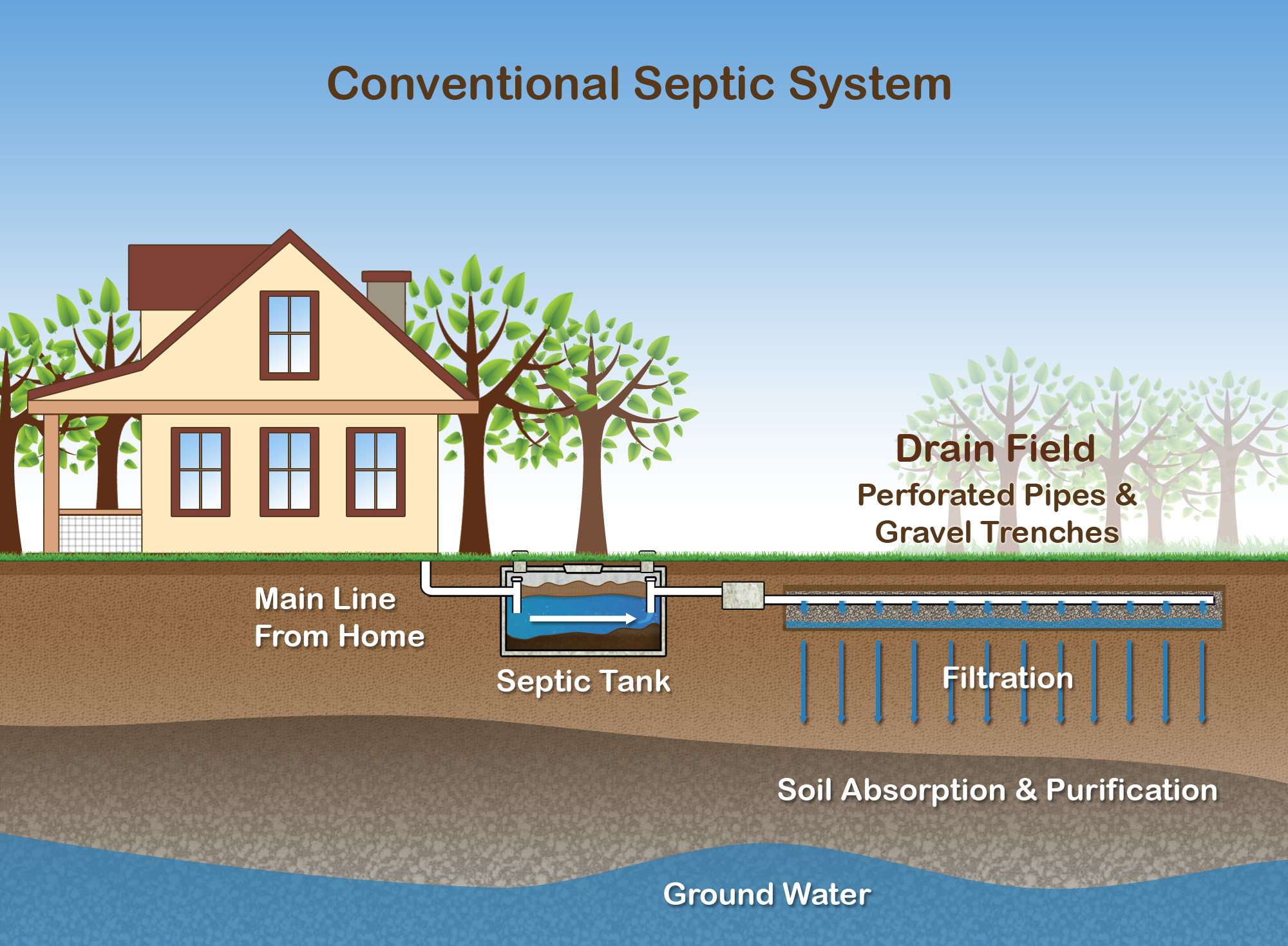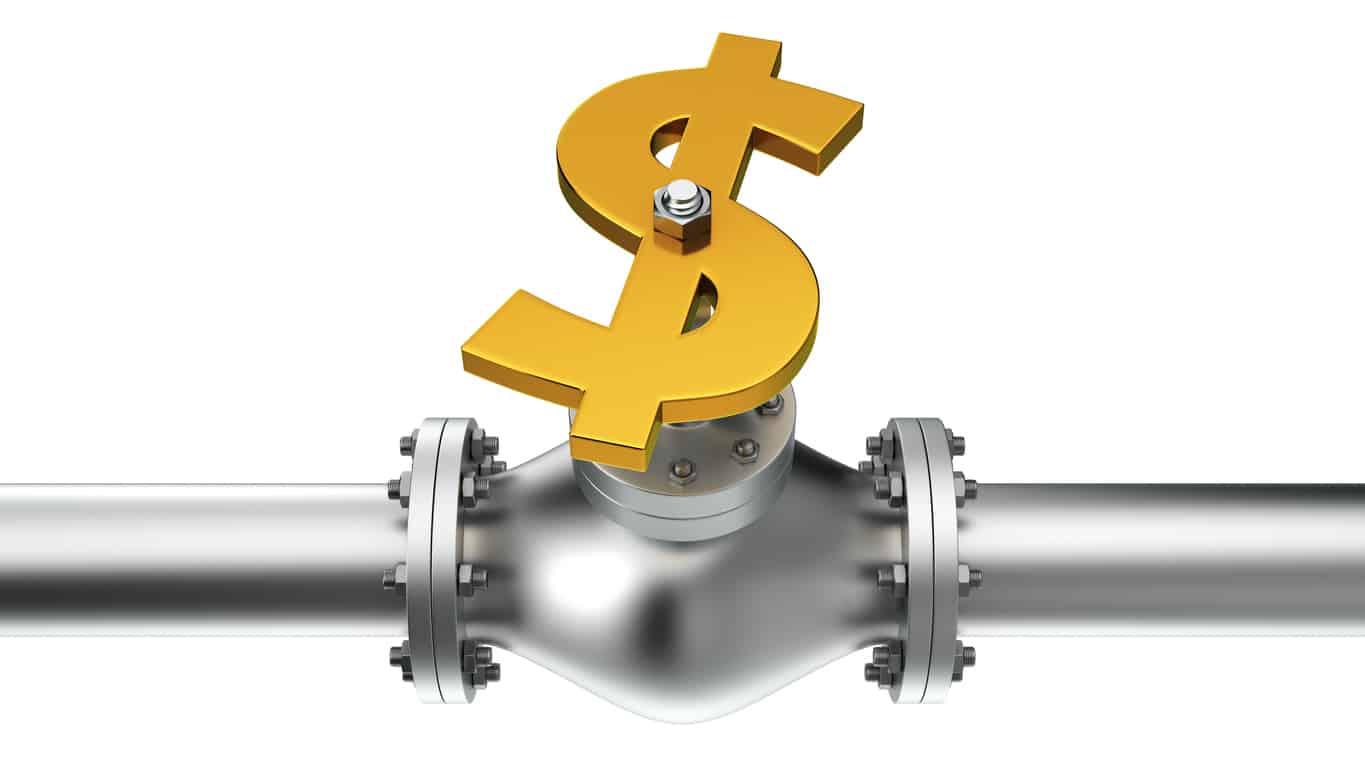Sewer vs. Septic: What’s the Difference and Why Does It Matter?
For many homeowners and business owners, the question of whether you have a sewer system or a septic system may not be top of mind—until it is. Understanding the differences between these two systems and why those differences matter can save you time, money, and a lot of inconvenience down the line. At TriCo Regional Sewer, we want to empower you with knowledge, so you can make informed decisions that best suit your needs.
What is a Sewer System?
Definition
A sewer system is a centralized wastewater treatment system that collects sewage from multiple homes and businesses and transports it to a treatment facility through a network of underground pipes.

Advantages
- Convenience: Once connected, homeowners don't have to worry about mainline maintenance, as this is handled by the utility provider. The sewer lateral is the responsibility of the property owner.
- Scale: Sewer systems can serve large communities, including high-density areas like cities and towns.
- Comprehensive Treatment: Centralized systems often have advanced treatment processes that can remove a wide range of pollutants.
Disadvantages
- Cost: Users typically pay a monthly or annual fee for service.
- Limited Control: Since it's a centralized system, individual homeowners have little control over its operation.
What is a Septic System?
Definition
A septic system is an on-site wastewater treatment system used primarily in rural areas without centralized sewer systems. The septic tank collects waste from a single home and treats it on-site.

Advantages
- Ownership: You own the system and have full control over its maintenance and operation.
- No Ongoing Fees: Apart from maintenance, there are generally no monthly fees.
- Environmentally Friendly: Properly maintained systems can be a more sustainable option as they filter waste naturally through soil.
Disadvantages
- Maintenance: Homeowners are responsible for regular maintenance, including pumping and inspections.
- Scalability: Septic systems are ideal for individual homes but are not suitable for high-density areas.
Why Does It Matter?
Environmental Impact
Both systems, when functioning correctly, play a crucial role in reducing environmental pollution. Sewer systems are better equipped to handle high volumes of waste, while septic systems are more adaptable to natural ecological systems.
Cost-Effectiveness
Your choice between sewer and septic may be influenced by ongoing costs. While sewer systems typically require ongoing fees, the cost of installing and maintaining a septic system can add up, depending on your location and the complexity of your system.
Property Value
Properties with well-maintained sewer or septic systems often have higher market values. However, failing systems can lower property values and lead to costly repairs or replacements.

Whether to choose a home with a sewer or septic system depends on various factors, including location, environmental considerations, and personal preference. At TriCo Regional Sewer, we're committed to providing our community with efficient and reliable sewer services. Understanding the pros and cons of each system can guide you in making the best decision for your property.
For more information, please feel free to contact us at TriCo Regional Sewer. We're here to help!
For more articles like this, subscribe to our blog or follow us on social media. Thank you for choosing TriCo Regional Sewer as your trusted resource.

